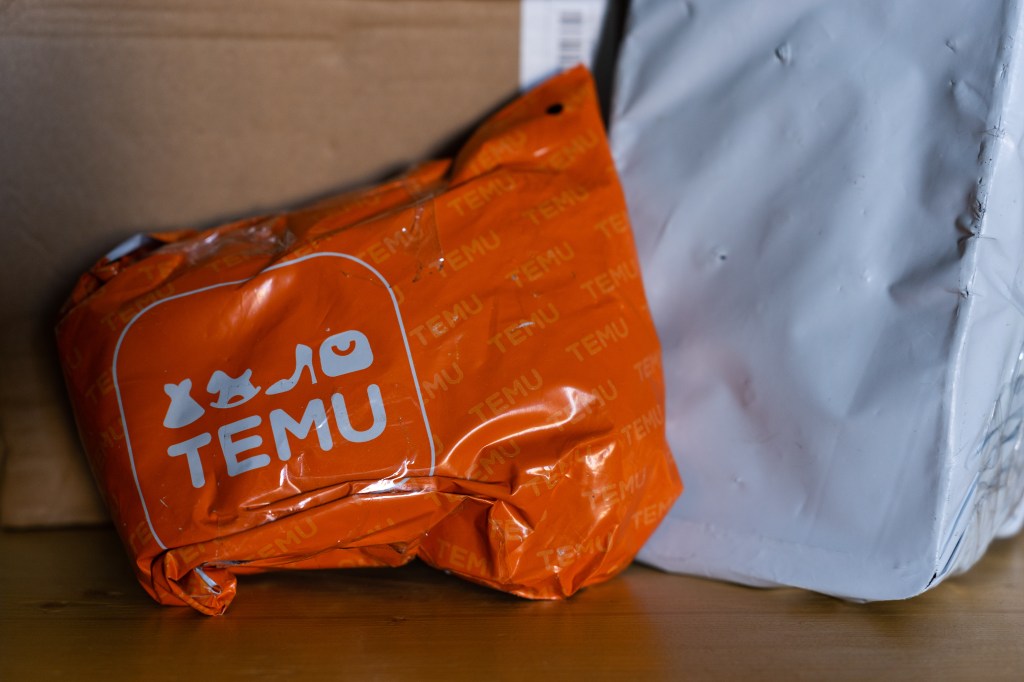De minimis may not be long for the world in the European Union.
Maros Šefčovič, who serves as the European Commission‘s commissioner for trade and economic security, has called on the European Commission’s Financial Affairs Council to end the bloc’s version of de minimis as soon as possible—ideally early next year. European Commission members agreed with his sentiment Thursday, and the bloc will look to collapse its de minimis provision in Q1 of 2026, as Šefčovič suggested in a letter ahead of the meeting.
In remarks following his discussions with the Commission’s finance ministers, Šefčovič said that, once the members of the European Union reach a final agreement on ending the bloc’s de minimis exemption—which currently stands at €150 ($175)—it will deliver “a strong signal that Europe is serious about fair competition and about defending the interests of its businesses.”
Šefčovič indicated in his remarks that he was thankful for the ministers’ reception to his proposal and stressed that abolishing it stands to benefit companies operating inside the EU.
“European business, particularly retailers, have repeatedly stressed the need to remove this distortion of competition without delay. This is not a technical issue—it is a question of Europe’s capacity to defend its economic interests,” Šefčovič said.
He vowed that the European Commission and the Financial Affairs Council will work with EU member states to deliver “a pragmatic, temporary solution that can be implemented as early as possible” and noted that technical issues should not be the reason the EU fails to collapse its de minimis provision.
Initially, the EU was set to do away with de minimis in 2028. The newly proposed plan of action will see it dragging that date forward two years.
The EU has seen an influx of low-cost imports inbound into the bloc in recent years, particularly coming from China. Last year alone, 4.6 million such parcels entered the bloc—more than 90 percent of which came from China, per Commission data. According to the EU Council, nearly two-thirds of small parcels inbound to the EU “are undervalued to avoid customs duties on important,” which has raised concerns about competitiveness and the environment among regulators and citizens alike.
Stephanie Lose, Danish minister for economic affairs, said the agreement marks an important turning point for the bloc’s economic position.
“I am very pleased that we have reached an agreement on eliminating the €150 customs threshold. We [will] ensure that duties are paid from the first euro, creating a level playing field for European businesses and limiting the influx of low-cost goods. We also agreed on the need to work towards a temporary solution as soon as possible in 2026,” Lose said in a statement.
Individual member states, like France, have rallied against the proliferation of China-founded e-commerce companies like Shein and Temu. In a comment to the AFP, French Finance Minister Roland Lescure lauded politicians’ agreement on moving forward the effort to abolish de minimis.
“This is a key step for the protection of European consumers and the internal market to fight more effectively to prevent dangerous products and those that do not comply with our European regulations,” Lesucre reportedly said. “We have taken a major step for the economic sovereignty of the European Union.”
Shein and Temu—or their customers—could face specific fees or duties on parcels inbound into EU member states in the near term. That’s particularly interesting as both companies have worked to expand their market share in the bloc in recent years.
Neither Shein nor Temu returned Sourcing Journal’s request for comment on Šefčovič’s assertions.
The push comes several months after U.S. President Donald Trump killed the nation’s de minimis exemption—which allowed parcels valued at less than $800 to enter the country duty free—via executive order, in favor of subjecting those shipments to tariffs. U.S. lawmakers also included the squashing of de minimis in 2027 in the Republicans’ megabill, which passed and was signed into law over the summer.
